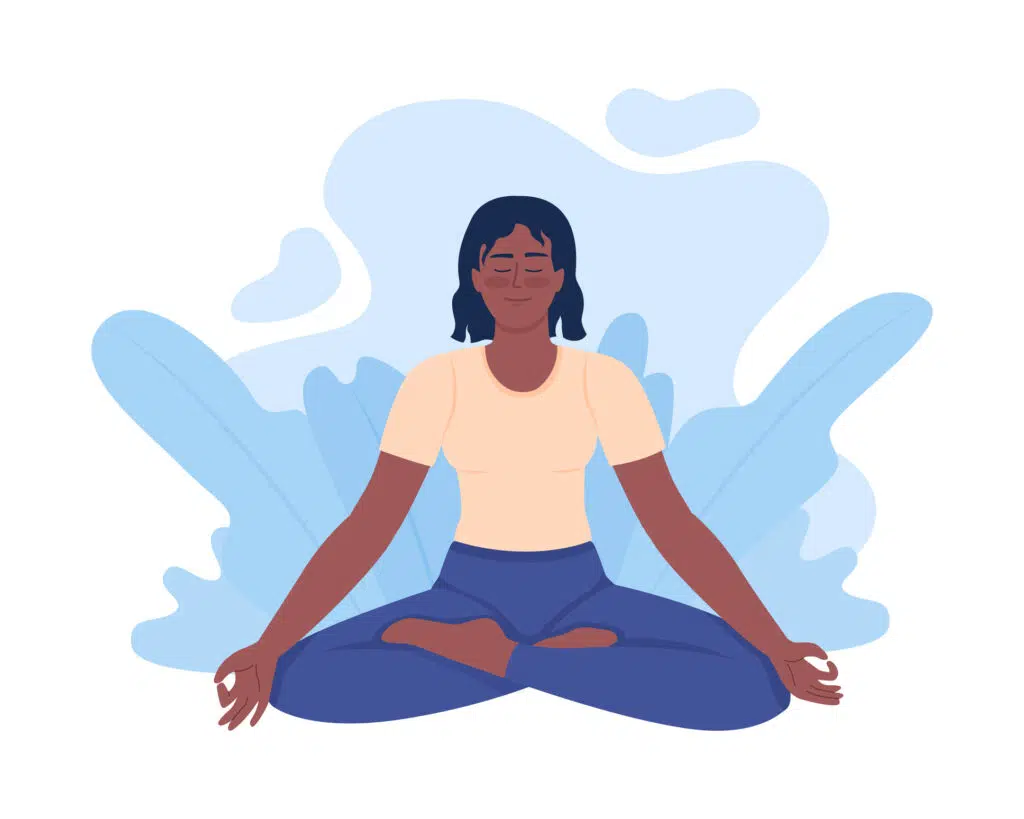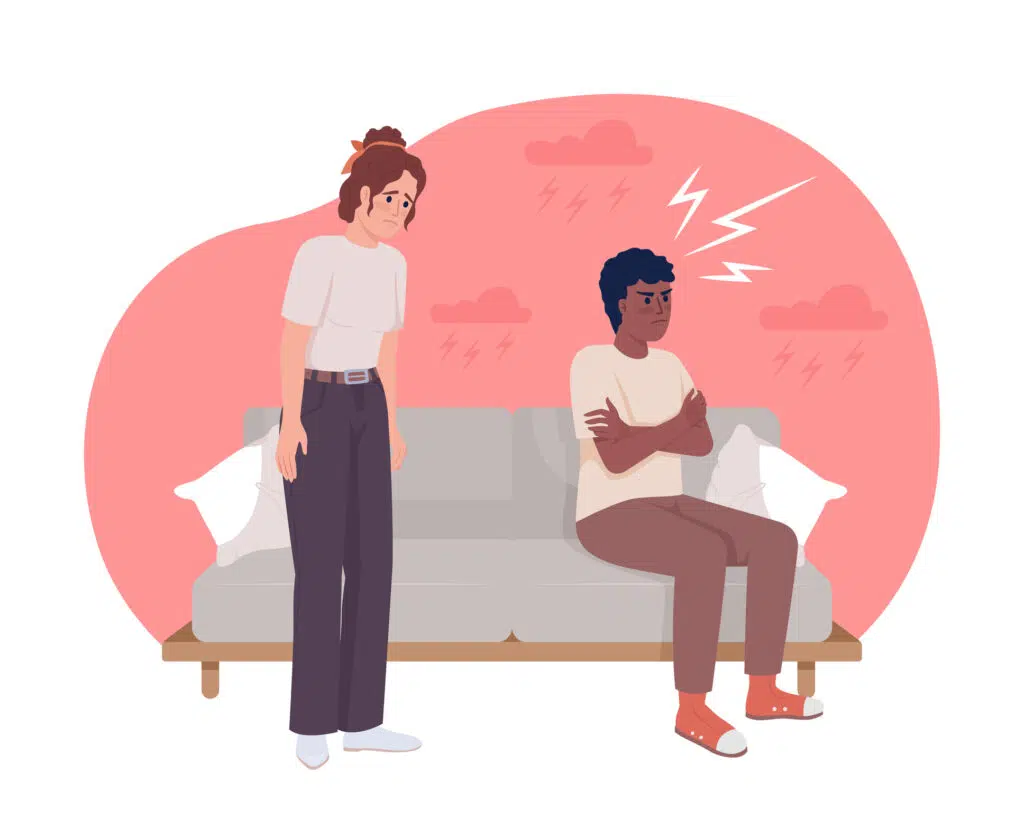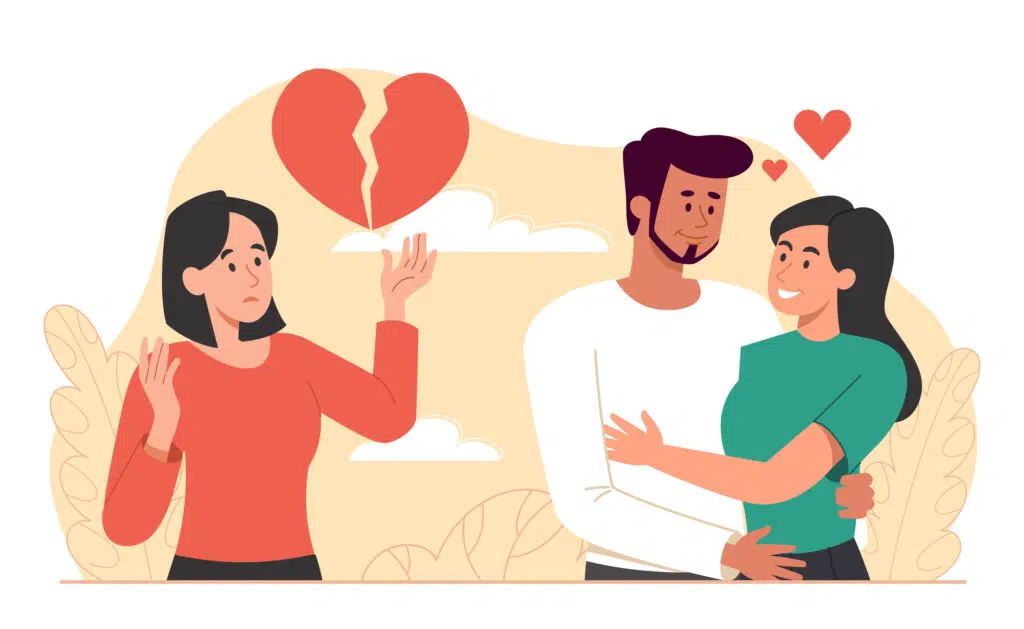Nurturing Your Well-Being with Self-Care Practices for Anxiety Relief

Self-care and healthy life choices can support mental wellness and reduce stress so you can better cope with everything life throws at you. But how does self-care help with anxiety, and what can you do to reduce anxiety and feel more in control? Let’s dive into simple and easy self-care for anxiety practices that you can add to your day and how a self-care routine supports your mental well-being.
How Does Anxiety Affect The Body And Mind?
Some anxiety in life is normal. Naturally, things like relationships, money, jobs, or family issues can make you feel anxious. But when it’s chronic and unforgiving, it can feel like the anxiety is controlling your life.
According to the World Health Organization, anxiety disorders are the most common mental disorders, with hundreds of millions of people affected. There are different types of anxiety disorders, including generalized anxiety disorder, social anxiety disorder, and panic disorder. Roughly 1 in 4 people with anxiety disorders receive treatment. You are not alone, and there are several effective treatments like psychological interventions and, in some cases, medication.
The effects of anxiety can be vast. Anxiety has the power to deliver powerful mental and physical symptoms that can completely derail you. While anxiety disorders can range from mild to severe, anxiety can affect many moments of your day-to-day life, like:
- Withdraw and avoid seeing friends and family
- Feel like you can’t go to work or school
- Get tearful and feel stressed easily
- May start to avoid situations that trigger your anxiety
- Affects job performance and relationships
What anxiety feels like can change depending on the individual, but physical symptoms of anxiety can include:
- Tiredness
- Light-headedness
- Feeling like your heart is racing
- Churning sensation in your stomach
- Sweating
- Headaches
- Feel restless and tense
When anxiety is intense and feels like it’s never-ending, it can severely impact your ability to function on a simple level. Things like going to work, driving, meeting a friend for a coffee, or even leaving the house can feel like impossible tasks.
Why Is Self-Care Important For Anxiety Relief?
Self-care can play a crucial role in supporting anxiety treatment. A national survey found that 75% of Americans believe that self-care activities are important for reducing stress. The top activities listed for their stress-busting benefits are:
- Going to the gym
- Exercising outdoors
- Getting a pedicure or manicure
- At-home spa rituals
In another survey, researchers found that when people with anxiety disorders can manage the condition on their own, they typically have a better quality of life and less anxiety.
Thriving Center research found that anxiety is the top reason Gen Z and Millennials go to therapy, followed by depression and stress. In 2024, nearly 1 in 5 Millenials and Gen Zers are planning to go to therapy to improve their mental health. Outside of therapy, participants plan on enhancing their mental health by improving their physical health and prioritizing self-care.
So, can self-care help with anxiety?
Looking after yourself is an important part of anxiety and stress management. Getting enough sleep, eating a healthy diet, and doing some physical activity can all be helpful for your mental well-being.
Anxiety Relief: Self-Care Practices To Add To Your Routine
Living with anxiety can feel hard, but looking after yourself and finding ways to unwind can help support mental wellness. Here are some self-care ideas to add to your routine so you can find something that you enjoy.
- Self-Care for Anxiety Management
Try to create a self-care routine that prioritizes your physical and mental health. This can include:
- Eating healthy foods
- Getting outside every day
- Staying away from or limiting alcohol
- Talking with family and friends about how you feel
- Getting plenty of sleep
- Mindfulness and Relaxation Techniques
Mindfulness exercises and relaxation techniques can form part of your anxiety toolkit. Mindfulness encourages you to be present and step away from thoughts that could be unhelpful. It’s not about changing the situation but adjusting your response to the situation.
In a review of more than 200 studies, researchers found that mindfulness-based therapies were especially effective for reducing anxiety, stress, and depression.
Mindfulness programs can include breathing exercises and guided lesions to bring focus to how your body feels in the present moment.
So, how do you practice mindfulness on a regular basis?
Try to make it part of your routine so you can remain consistent. This could be ten minutes in the morning before you start your day or during lunch. Make an effort to be present in activities you do throughout the day, like eating a meal or engaging in a conversation with a friend.
- Exercise and Mental Health
Moving your body regularly is good for you. But does exercise help with anxiety? When you exercise, it encourages your body to produce feel-good hormones that make you feel more relaxed and happier. At the same time, exercise reduces stress hormone levels in the body. The effects of exercise on mental health can extend to better sleep, mood, and anxiety relief.
Exercises to try include:
- Bike ride
- Brisk walk
- Run
- Yoga
- Hiking
- Swimming
- Healthy Habits for Anxiety
Doing things that support your self-care can help you to manage anxiety in a healthy way. Sustainable habits you can implement into your routine can look a little different for everyone. Here are some healthy habit ideas:
- Limiting caffeine and alcohol consumption
- Using social media intentionally
- Reducing phone use and screen time
- Taking a bath before bed
- Spending time with friends
- Learning to say no and setting boundaries
- Self-Care Practices for Emotional Well-being
Self-care can support your physical, mental, and emotional well-being. Think about activties that bring you joy, whatever that looks like for you. It could be writing, gardening, or going for a walk in nature. Journaling can be a good avenue for expression or asking for support from a loved one or therapist.
- Creating a Self-Care Routine
It’s easy to get wrapped up in work commitments and family obligations and forget about yourself. Identify self-care activities that work best for your needs, and don’t forget to schedule time for yourself. Take time to do things that make you healthy and support both your physical and mental health. This could look like scheduling a 45-minute workout class every Monday or taking 10 minutes at lunchtime for a mindfulness practice.
- Seeking Professional Help
If you’re wondering: “How do I know if my anxiety is severe?” it may be time to speak to a therapist. You don’t need to be suffering from crippling anxiety to ask for professional help. But if you do find your anxiety feels uncontrollable and affects your daily life, then it may indicate that you need professional help.
Therapy for anxiety is important as it can offer several advantages:
- Identify underlying causes of your anxiety and fears
- Learn more about how anxiety affects you
- Develop coping techniques to manage anxiety
- Start to change unhelpful thought patterns
- Provide a tailored treatment plan to address your unique needs
Self-Care Strategies For Enhancing Your Mental Well-Being
It’s important to know that self-care is a lifelong journey. Not every approach will work for everyone; try to find something that works for you. Your anxiety self-care checklist can look like a combination of practices that you enjoy and are sustainable for your schedule. Your needs are unique to you and how you feel.
Self-care for anxiety is not a quick overnight fix. Instead, think of these practices as the activities you do regularly to help manage anxiety, cope more effectively, and enhance your well-being.
If you are struggling with anxiety, speaking to a mental health professional is crucial. An anxiety therapist can help you delve deeper into your anxiety and formulate treatment based entirely on you. Book an appointment at Thriving Center of Psych and take back control of your well-being today.

How to Move On After a Friendship Breakup
Friendship breakups can sting just as much as a romantic breakup. After all, you’re experiencing a loss of shared history and an understanding of each other that can leave you feeling lonely and isolated. Not all friendships are forever, but moving on from the loss of a friendship does take time and some self-compassion.

Signs You’re in a Toxic Relationship
A toxic relationship can chip away at your well-being and happiness. Toxic partners can be manipulative and charming, making it difficult to recognize the signs that you’re in a toxic relationship. You deserve to be in a supportive and healthy relationship.

10 Common Marriage Reconciliation Mistakes to Avoid After Infidelity
Infidelity can leave couples devastated. If you’ve been affected by infidelity and want to salvage your relationship, rebuild trust, or make a tough decision, keep reading for 10 common reconciliation mistakes to avoid after infidelity.

Survey: 72% of Americans are Stressing About the Upcoming Presidential Election
Political viewpoints in the U.S. have always been contentious, but is the impact of politics in the United States making it difficult for people to live their everyday lives? With some anticipating another brutal and long campaign season ahead of the upcoming 2024 presidential election, nearly half of Americans say politics is negatively impacting their mental health.




